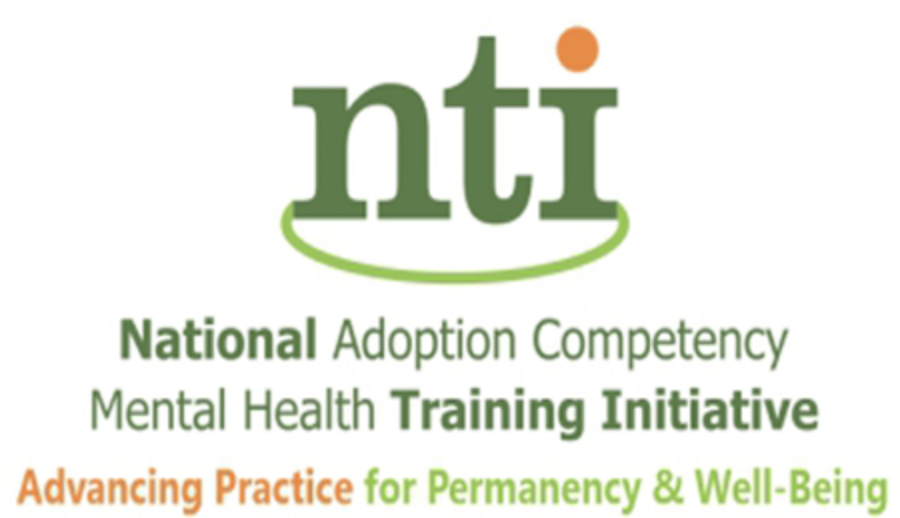A cornerstone of a comprehensive post-permanency program is a strong foundation of training for child welfare professionals as well as for the families who foster and adopt. Both of these groups require training embodying the same message about how to meet the needs effectively of children and youth who have experienced trauma, separation and grief.
The Post-Adoption Center encourages states, tribal nations and territories to implement three aligned, national trainings for child welfare supervisors and staff and for families who foster and adopt. These trainings are free of charge and contain up-to-date information that has been piloted and evaluated. Embedding all three of these will help to change a site’s child welfare outcomes for the better.
To find out how these trainings align and how they can help to improve your child welfare system’s outcomes, contact postadoptioncenter@spaulding.org.
Training Curricula
This comprehensive curriculum prepares and provides ongoing development for parents who want to foster or to adopt through the child welfare system. It has been adapted to meet the specific needs of kinship care providers; families who adopt via the intercountry or private domestic process; and American Indian Alaska Native families who foster, provide kinship care and/or adopt children from the tribal child welfare system. The curriculum provides education about a range of critical topics as well as “just-in-time” knowledge and skills when challenges arise. The NTDC offers flexibility in the use of their curricula content, which can be provided either virtually or in person.
This self-paced training is useful for both child welfare staff members as well as mental health practitioners. It aims to infuse enhanced permanency and mental health competency into the provision of casework and clinical practice so that professionals can provide better support to families across the life cycle. The NTI offers fully online, self-paced training that fits any schedule, 24 hours daily, every day of the week.
This curriculum equips prospective and current parents who will be or already are rearing older children from foster care who have moderate to severe emotional and behavioral challenges. The curriculum provides the knowledge and tools that these parents need to meet the needs of older children effectively. It provides education about a range of critical topics as well as “just-in-time” knowledge and skills when challenges arise. CORE Teen offers flexibility in the use of their curricula content, which can be provided either virtually or in person.
You might wonder:
All three trainings are funded by the Children’s Bureau, an office of the Administration for Children & Families within the United States Department of Health and Human Services.
These trainings share the vision to address effectively the mental health needs of children, youth and their families who are moving toward or already have achieved permanency through reunification, adoption, guardianship or kinship. Taken together, these trainings improve collaboration between families who are fostering and adopting, child welfare professionals and mental health professionals. This collaboration provides a powerful vehicle for achieving system change and better outcomes for children, youth and families.




